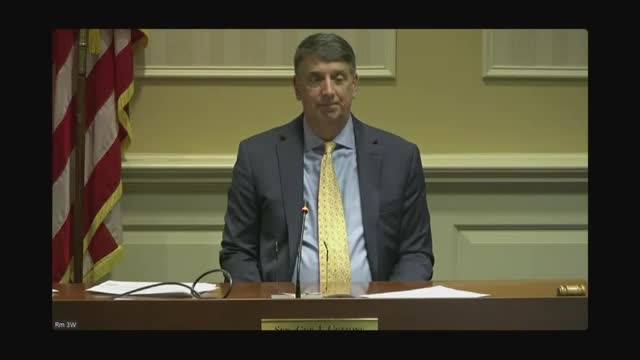Article not found
This article is no longer available. But don't worry—we've gathered other articles that discuss the same topic.
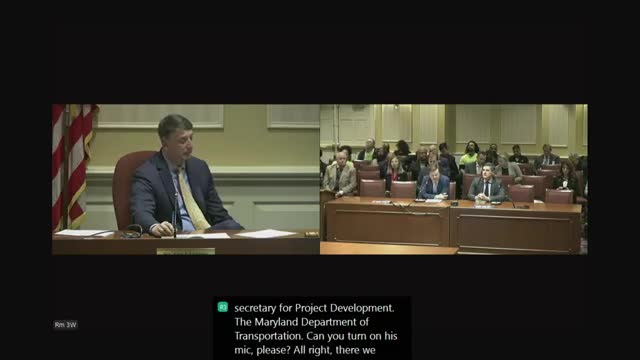
MDOT, developers and transit advocates back bill to speed transit‑oriented development near rail stations
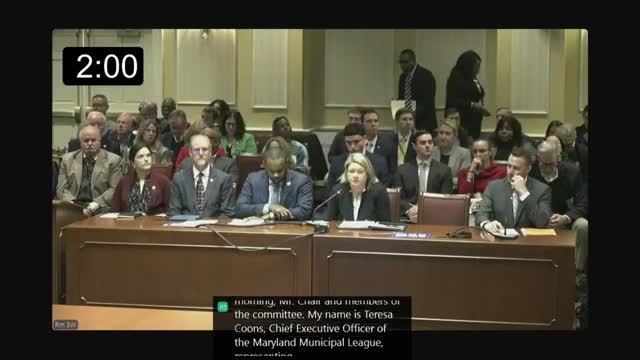
Municipal leaders, restaurant groups clash over local food‑and‑beverage surcharge bill
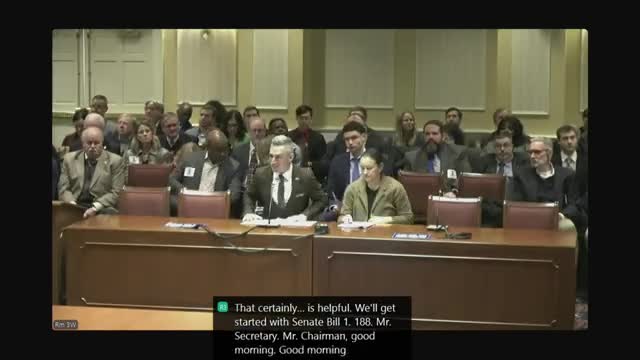
DHCD secretary urges favorable report on bill to refine Community Health and Safety Works grant program
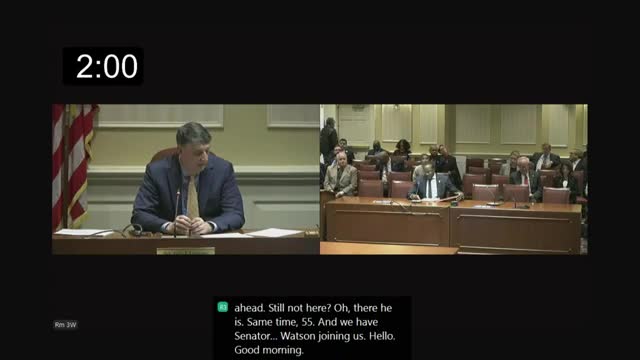
Senators consider bill to bar state appropriations for Maglev project; supporters cite local opposition and fiscal risk
